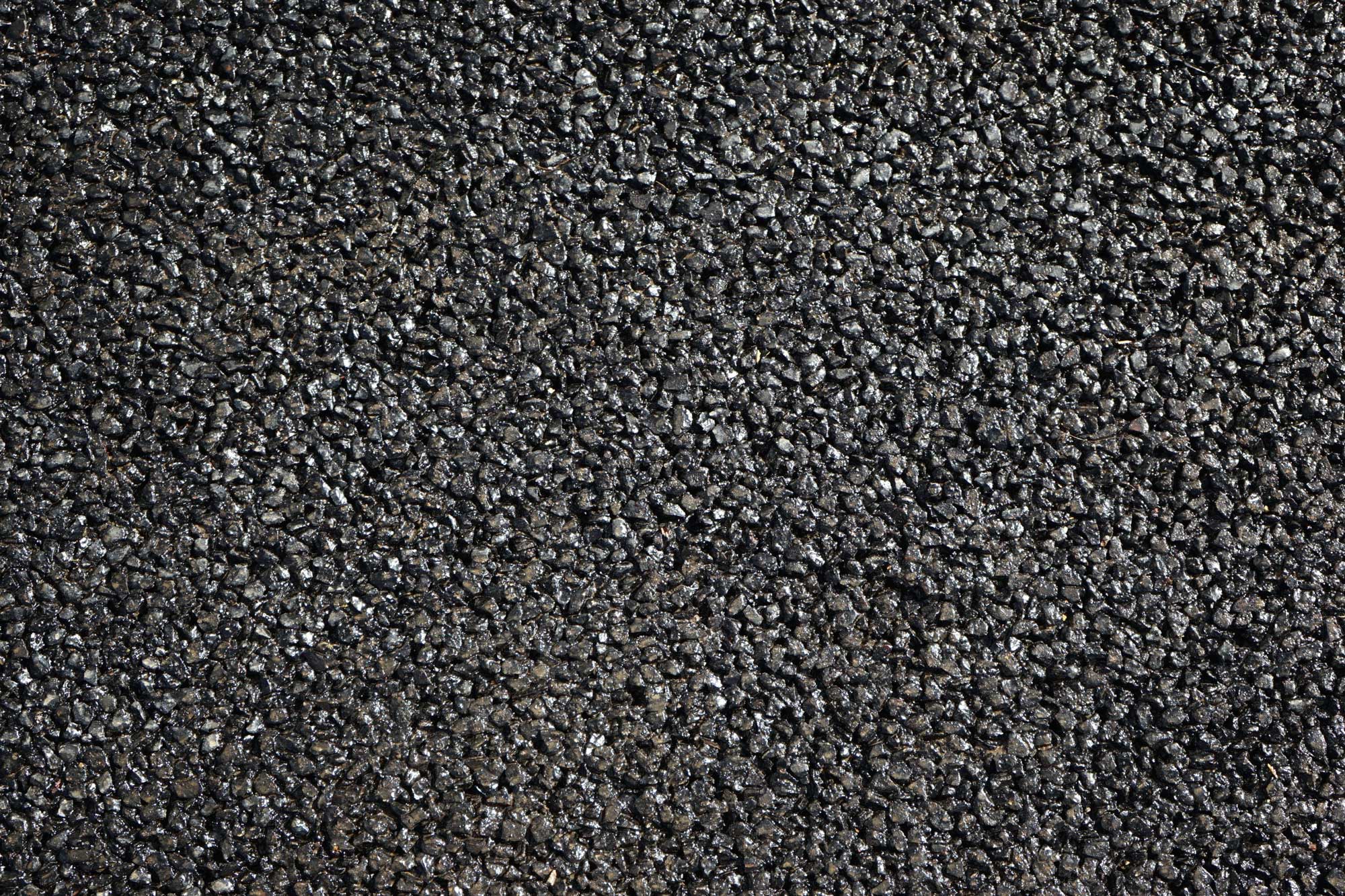Unlock Superior Angled Parking Efficiency with Professional Paving Providers
Unlock Superior Angled Parking Efficiency with Professional Paving Providers
Blog Article
Discovering the Environmental Benefits of Hot Mix Asphalt
The usage of Warm Mix Asphalt in framework tasks offers an engaging instance for sustainable development and environmental stewardship. By delving right into the intricate information of its production processes and the ingenious use recycled materials, a deeper understanding emerges of just how this modern technology surpasses mere surface area applications. The environmental advantages of Warm Mix Asphalt prolong far beyond first impacts, using a nuanced viewpoint on how this material can lead the way for a greener future.

Minimized Greenhouse Gas Emissions
The production process of Hot Mix Asphalt involves warming the blend of aggregate and asphalt binder to high temperature levels. By including redeemed asphalt pavement and recycled asphalt roof shingles into the mix, the requirement for virgin products is lowered, leading to power savings and reduced discharges associated with removal and handling.
Studies have shown that Hot Mix Asphalt sidewalks have a smaller carbon footprint over their life process compared to various other pavement options. The durability and recyclability of Warm Mix Asphalt additionally enhance its environmental benefits by reducing the need for frequent upkeep or replacement, consequently preserving resources and reducing discharges connected with restoration tasks.
Energy Efficiency and Conservation
The production process of Hot Mix Asphalt not just decreases greenhouse gas discharges but also contributes dramatically to power effectiveness and conservation initiatives. Energy performance is a vital benefit of Warm Mix Asphalt manufacturing compared to various other pavement kinds. The procedure entails warming the materials at high temperatures to develop the asphalt mix, which needs much less power than alternate approaches. Additionally, the capacity to reuse and recycle asphalt sidewalk further boosts energy conservation. By including redeemed asphalt sidewalk (RAP) into brand-new blends, the market conserves power that would certainly have been required to generate totally new materials. The toughness of Warm Mix Asphalt reduces the frequency of upkeep and restoration, leading to lasting power cost savings. This durability lessens the energy-intensive procedures entailed in frequent repair services and replacements. Overall, Warm Mix Asphalt stands out as an ecologically pleasant option that prioritizes energy performance and preservation throughout its lifecycle.
Lasting Pavement Solutions

One secret facet of sustainable sidewalk solutions is making use of recycled materials such as reclaimed asphalt pavement (RAP) and recycled asphalt tiles (RAS) By including these materials right into the asphalt mixes, the need for virgin resources is minimized, leading to reduced power usage and greenhouse gas exhausts throughout production. In addition, the reuse of these materials helps divert waste from land fills, contributing to an extra circular and sustainable economic situation.
Additionally, sustainable pavement remedies concentrate on maximizing pavement design to improve performance and long life. Methods such as warm mix asphalt (WMA) and rock mastic asphalt (SMA) improve the toughness and strength of pavements, lowering the requirement for regular repairs and substitutes. By applying these ingenious strategies, framework designers can produce pavements that not only satisfy high-performance standards however also minimize their ecological impact.
Minimized Environmental Effect
With a concentrate on sustainability and eco-conscious techniques, pavement options are designed to minimize the environmental effect of construction and maintenance processes. Hot mix asphalt, specifically, uses a number of advantages that add to visit homepage minimizing the total ecological impact of road infrastructure. One essential facet is the recyclability of asphalt, which can be recycled several times without compromising its high quality. This characteristic helps in preserving all-natural resources and lowering the quantity of waste sent out to landfills.
Furthermore, the production of warm mix asphalt emits reduced degrees of greenhouse gases contrasted to various other pavement products, making it an extra eco pleasant choice. The energy efficiency of asphalt plants has additionally enhanced over the years, leading to reduced gas usage and reduced exhausts. Furthermore, the smooth surface area of hot mix asphalt reduces rolling resistance for automobiles, leading to lower fuel consumption and decreased air pollution from lorry discharges.
Payment to Climate Change Mitigation
Warm mix asphalt plays a critical function in mitigating environment change through its lasting residential properties and lowered environmental impact. One substantial contribution to climate adjustment mitigation comes from the power effectiveness of warm mix asphalt production. Contrasted to various other pavement options, the manufacturing procedure for warm mix asphalt takes in much less energy and produces lower degrees of greenhouse gases, thus reducing its total carbon impact.
Moreover, warm mix asphalt's capacity to mirror sunlight, referred to as albedo, helps in minimizing metropolitan warm island impacts. By lessening heat absorption and retention, warm mix asphalt sidewalks can decrease the need for additional reading air conditioning in metropolitan locations, consequently decreasing greenhouse gas emissions related to power consumption for cooling purposes.
Furthermore, the sturdiness and recyclability of hot mix asphalt further improve its environment adjustment mitigation capacities. Regrading. The lengthy lifespan of navigate here asphalt pavements decreases the requirement for frequent repairs or substitutes, eventually reducing the carbon emissions linked to roadway maintenance tasks. Furthermore, the recyclability of asphalt materials lessens the demand for virgin resources and decreases the ecological effect of pavement building, lining up with sustainable methods for environment modification reduction.
Verdict
Finally, the ecological advantages of Warm Mix Asphalt demonstrate its considerable contribution to decreasing greenhouse gas exhausts, preserving power, and decreasing environmental influence. This lasting sidewalk option straightens with environment change mitigation efforts, promotes resource preservation, and improves infrastructure growth. By making use of recycled materials, energy-efficient production procedures, and sturdy design, Hot Mix Asphalt plays a vital function in fostering a more eco-friendly strategy to infrastructure construction.
The manufacturing process of Hot Mix Asphalt includes warming the blend of accumulation and asphalt binder to high temperatures. By including reclaimed asphalt sidewalk and recycled asphalt tiles into the mix, the need for virgin products is minimized, leading to energy financial savings and reduced emissions associated with extraction and processing.
One secret aspect of sustainable sidewalk remedies is the use of recycled materials such as reclaimed asphalt pavement (RAP) and recycled asphalt shingles (RAS) Techniques such as cozy mix asphalt (WMA) and rock mastic asphalt (SMA) boost the sturdiness and resilience of sidewalks, reducing the need for constant fixings and replacements. Compared to various other sidewalk choices, the production procedure for warm mix asphalt takes in much less power and gives off reduced levels of greenhouse gases, therefore decreasing its overall carbon impact.
Report this page